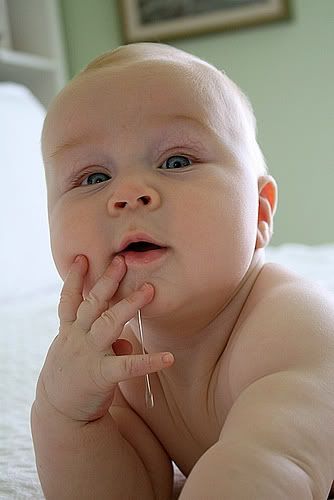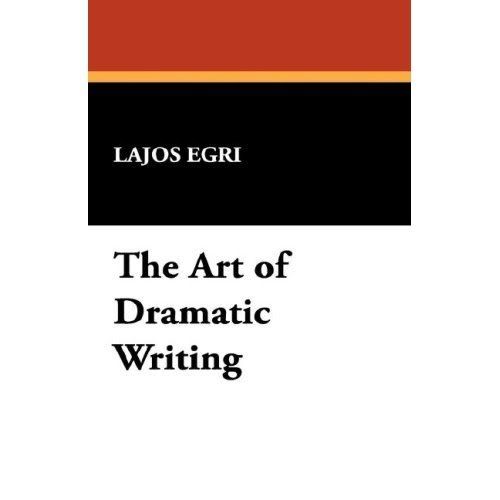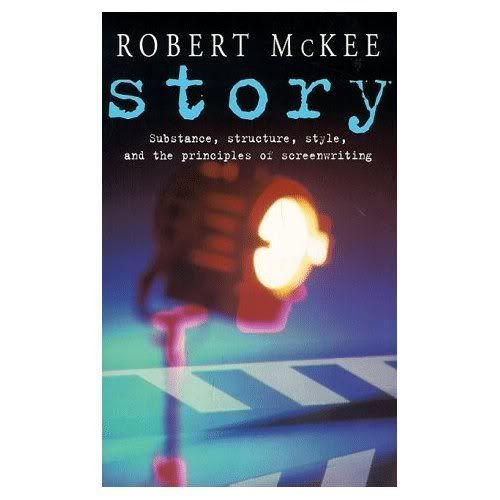
So What's It Really About?
At first blush, this blog appears to be for writers, but to the dedicated readers and movie viewers out there, this blog is for you, too. It will enrich your experience of books and films and help you see at the most fundamental level why some stories work and some don't.
Most of us have heard the terms theme and premise, and some will argue their meaning, but for today let's just say they're interchangeable and we'll go with premise as our focus. For our purposes, when we say premise, we're talking about the "controlling idea" (per Robert McKee in Story) or what a story is really about when you strip away all the window dressing. I'm eternally grateful to my mentor, Douglas Clegg, for reintroducing me to this concept because it makes the process of writing so much cleaner and the process of reading and movie viewing a ton 'o fun.
Egri Calls It Premise
Doug suggested the book, The Art of Dramatic Writing by Lajos Egri, to help me deepen my understanding of the subject of premise/theme. Egri refers to the subject as premise and he begins the book this way:

A man sits in his workshop, busy with an invention of wheels and springs. You ask him what the gadget is, what it is meant to do. He looks at you confidingly and whispers: "I really don't know."
Another man rushes down the street, panting for breath. You intercept him and ask where he is going. He gasps "How should I know where I'm going? I am on my way."
...Every sensible invention must have a purpose, every planned sprint a destination.
...Reams of paper of paper bear miles of writing--all of it without any point at all. There is much feverish activity, a great deal of get-up-and-go, but not one seems to know where he is going.
So again, what is the story really about? On the deepest level of your feeling self, what is the story saying to you? Premise is not to be confused with plot. It's not what happens to whom, it is what underlies all the action and interactions of a story--a statement of the human condition that everyone can feel or identify with, even if we don't agree with it. Egri offers the following examples:
Romeo and Juliet - Premise: "Great love defies even death."
King Lear - Premise: "Blind trust leads to destruction."
Macbeth - Premise: "Ruthless ambition leads to its own destruction."
Othello - Premise: "Jealousy destroys itself and the object of its love."
Driving Satisfaction
In exploring this subject, I have learned that in standard story telling you will find that every paragraph and every sentence drives toward the premise in a great story. Without this clear path, a story feels less satisfying even if you're not aware of why that's so. There's a sense of ungroundedness or something out of place, even if it's an interesting or entertaining story. The premise is the unifying force, the thing that holds all the elements together, and without it, a story doesn't feel solid.
Writers don't usually start out knowing what the premise of a story is, rather it emerges as they write, but the important thing is for them to notice it, and to then refine it to its simplest form. Ultimately, the story should be edited to clear away anything that doesn't support the premise and fill in the gaps to clarify and strengthen it where needed.
The Tease

As readers and movie watchers, if you're a geek like me, you can tease out this idea for yourself to see if a film or a book holds together. You'll start to notice that really powerful stories have very strong and clear premises. Sometimes they're hard to nail down at first, but if you keep paring down the themes within the story, you'll find one shiny idea that unifies the whole echilada. For a poorly written story, you may be entertained, but the theme, if you can pin it down at all, won't hold together from start to finish.
Teasing out the theme is harder than it sounds, but it's a very statisfying and instructive exercise, especially for writers and lovers of story. It really demonstrates how important this concept of a unifying idea is to every single aspect of a well wrought tale.
Reoccuring themes for writers will arise from this exercise, as well, since themes/premises ultimately come from their conscious and unconscous beliefs and passions. I suspect readers and movie viewers, if you look more closely, you'll find that you're drawn to the work of specific writers because your beliefs and passions are in alignment with the writer's (via the themes of their stories). Nothing like a little psycho-babble blogging, but I think you'll find this "premise" true.
I don't have the magic to fully convey what premise or theme is in one blog, in fact, I'm still learning myself, but I hope I sparked your curiosity on the subject AND its importance in the composition of a truly great story. Don't take my word for it, read Egri, McKee, Gotham Writers' and anyone who will enlighten you on the subject. Now, get out there and go hog freakin' wild with this idea (yeah, baby, I'm a party animal, eh?). I guarantee it will change your writing and your appreciation for a well told tale.
See you next weekend!
Wickedly Yours,
Fran Friel

